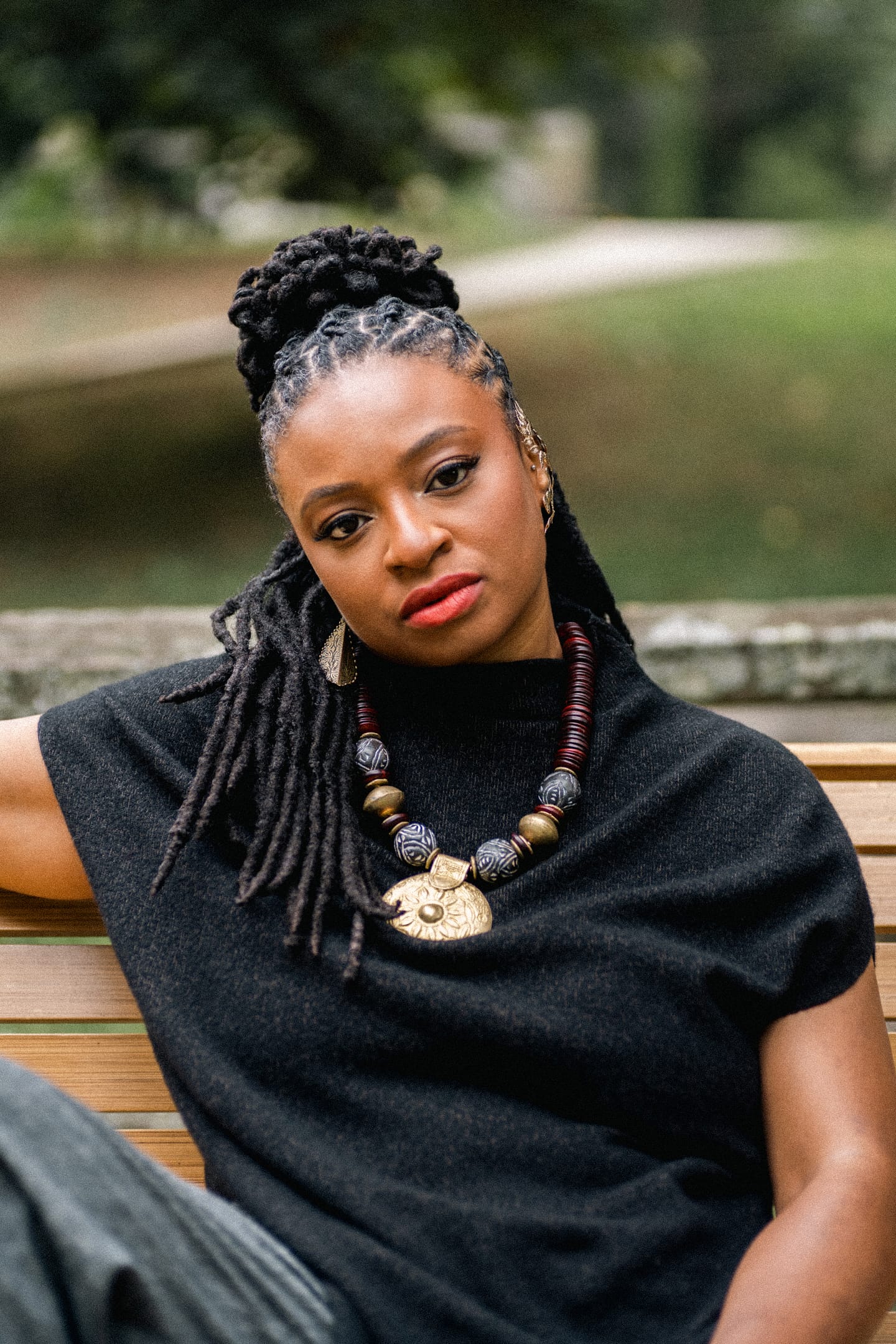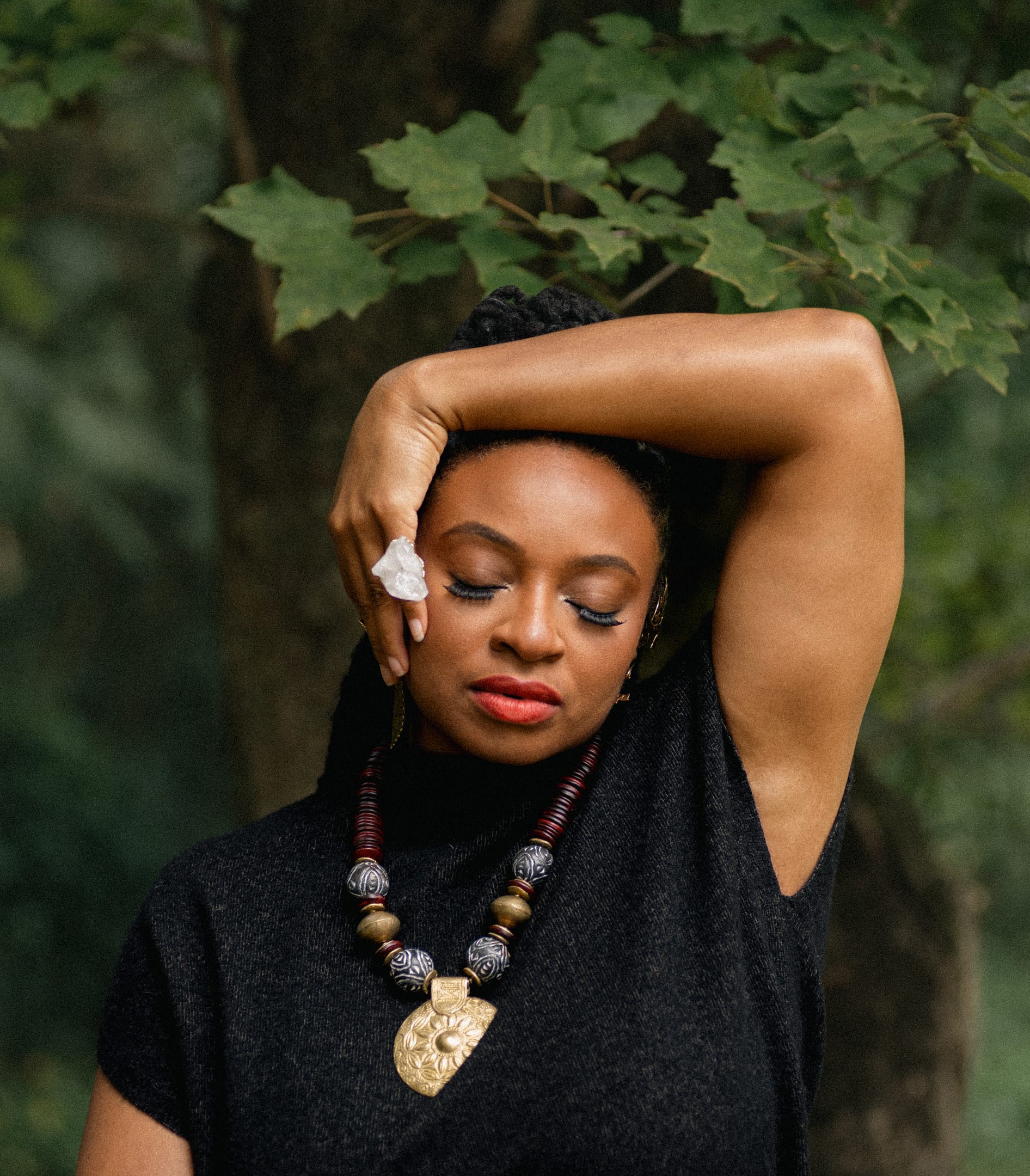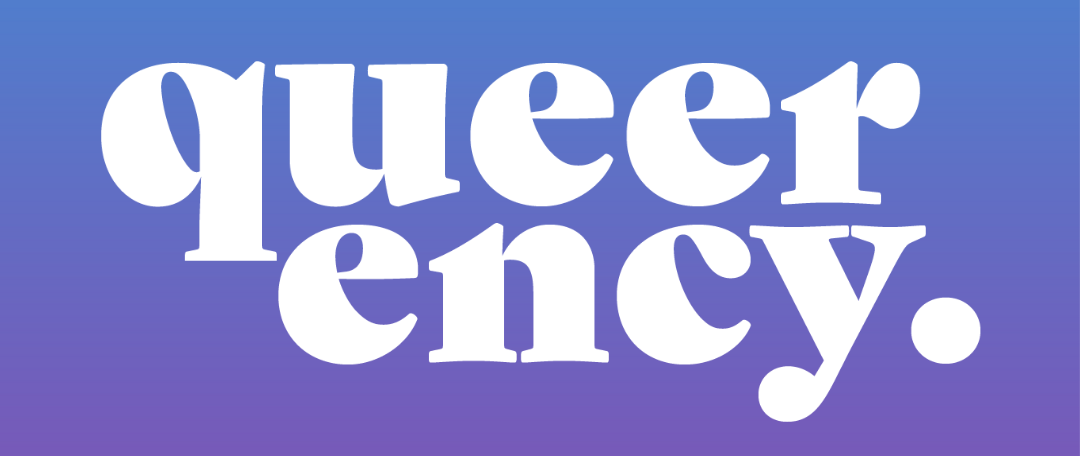When we think of music festivals, they often conjure images of massive stages, big-name headliners, and ticket prices high enough to rival rent payments. But in recent years, there has been a notable rise in micro music festivals—smaller, more intimate gatherings that prioritize niche audiences and curated experiences over the massive scale of events like Coachella or Lollapalooza.
These festivals, often run by independent organizers, are characterized by their focus on community and cultural specificity. They provide an alternative to the often-commercialized mega-festival experience, offering attendees a chance to connect with like-minded individuals while engaging with artists and performances in a more personal setting.
Unlike the large-scale festivals that attract hundreds of thousands of people, micro festivals are designed to foster a sense of belonging and inclusivity. For marginalized communities, such as LGBTQ+ people, people of color, and women, these smaller festivals have become vital spaces for representation and visibility. Rather than being relegated to a few token slots on larger stages, artists from underrepresented groups can take center stage, free from the pressure of conforming to mainstream tastes.
Festivals like Banjee Boombox, a queer hip-hop festival co-founded by Faybeo’n Mickens, aka DJ LiKWUiD, are prime examples of how micro festivals create platforms where artists and audiences can authentically celebrate their identities and cultures. Banjee Boombox celebrates queer identity, Black liberation, and the power of hip-hop, creating a space where marginalized voices—particularly women, non-binary, and queer artists—take center stage.
The growth of these festivals can also be attributed to shifting consumer preferences. Post-pandemic, audiences have become more intentional about where they spend their time and money, favoring experiences that feel meaningful and aligned with their values. Micro festivals meet this demand by offering a sense of intimacy and authenticity that large-scale festivals often lack. “Going out is very intentional now,” says DJ LiKWUiD. “People want to feel connected to the events they attend, and they want to feel represented.” This shift has allowed smaller, community-focused festivals to carve out a unique space in the crowded festival landscape, creating a new model for what live music experiences can be.
Origin Story

DJ LiKWUiD has always seen music as more than just entertainment. “I work in spaces where I can utilize music, forms of writing, as tools for liberation, education, and opening conversation,” she explains. Her career, which spans years as a DJ, emcee, songwriter, and educator, has always been about blending artistry with activism. After spending much of her adult life in New York City, DJ LiKWUiD became deeply involved in the local music scene, organizing events like jam sessions and open mics that highlighted the intersection of hip-hop, spoken word, and activism. This laid the groundwork for what would become Banjee Boombox.
The idea for the festival evolved over time. “I wanted more women on stage. I wanted more queer people on stage, and I wanted it to be hip-hop,” DJ LiKWUiD says. “I don’t want it to be electronic music. I don’t want it to be dance music… I want it to be hip-hop. I want it to be us. I want it to be the culture. I want it to be authentic, and I want it to be good.” This desire to create an inclusive space within hip-hop, a genre often dominated by men, became the driving force behind Banjee Boombox.
The festival debuted in 2023 on Governors Island in New York City, coinciding with the 50th anniversary of hip-hop. It was a culmination of the many smaller events DJ LiKWUiD had hosted throughout her career. One such event was MUVASHIP, a virtual party that she co-hosted with DJ Mary MAC during the pandemic. MUVASHIP started as a weekly livestream where the two DJs amplified the voices of women and queer artists by playing their music and providing a safe space for people to gather—virtually at first, then in person. “It was like a dance party where you might do Chaka Khan one week, Janelle Monáe another week, or Lauryn Hill,” DJ LiKWUiD recalls. “The whole idea was music by women, and us just paying homage.”
After the success of MUVASHIP, DJ LiKWUiD saw an opportunity to take this energy to the next level. She wanted Banjee Boombox to be more than just another festival—it had to be something that authentically represented queer people of color in hip-hop. And the choice of the word “Banjee” in the festival’s name was a deliberate nod to ballroom culture. “We talked about the connotations people would get from Banjee, how we wanted to present ghetto fabulousness, realness… but we decided we’d put a positive spin on it. Banjee represents realness, and Boombox is hip-hop. So, it’s real hip-hop. It’s about reclaiming space for people who have always been here but have often been erased.”
This concept of realness and authenticity carries through the festival, which centers queer and femme voices while paying homage to the roots of hip-hop culture. DJ LiKWUiD emphasizes the importance of this, noting, “There weren’t any shows with all women rappers. There weren’t any shows with all queer rappers. You’d see events where maybe there’s one woman or one queer artist, but it was almost like checking a box.” Banjee Boombox changes that by creating a space where queer voices aren’t the exception—they’re the focus.
More than Music
But the festival isn’t just about performances; it’s about community-building and education. “The purpose and the intention behind Banjee was to create this space where women, queer, non-binary folks could feel like, ‘This is for me,’” DJ LiKWUiD says. She also wanted to emphasize the educational component, offering artist resources, workshops, and even a mixtape that allows queer and femme artists to showcase their talents. “We have the education piece, and we have the artist resources piece. So those things are all tied in,” DJ LiKWUiD explains. “This year, that includes mixing and mastering studio time for artists that are on our mixtape.”
DJ LiKWUiD deliberately chose to host Banjee Boombox outside of Pride Month. “I didn’t want it to be in June,” DJ LiKWUiD says, referring to Pride Month. “I think June is a time where people do their Pride thing and then think they’re done for the year. I wanted to celebrate us year-round. We’re beautiful, we’re Black, we’re queer, and we deserve to be celebrated beyond just one month.”
The festival was initially scheduled in August, aligning it with Black August—a month dedicated to honoring Black freedom fighters and political prisoners. However, the event had to be rescheduled for October 17th due to bad weather at their original outdoor venue, New York City’s Governors Island. Nevertheless, the intention of hosting the festival during Black August also nods to the revolutionary spirit that drives Banjee Boombox. It’s not just about music—it’s about culture, liberation, and the intersection of identities that make up the fabric of the queer Black experience.

(credit: Kasey L. Martin for Queerency)
Money Matters
Financially, putting together Banjee Boombox has been a challenge, but DJ LiKWUiD remains committed to keeping the festival accessible. “We [spent] between $7,000 and $10,000 to put on Banjee Boombox,” DJ LiKWUiD reveals. “We’ve been self-funded for the past two years. We’ve had some amazing support from AfroCROWD and a few others, but a lot of it is coming out of pocket.”
Despite the high costs, they were determined to keep tickets affordable—this year’s ticket price started at $19.50. “People shouldn’t have to break the bank to celebrate and be themselves,” DJ LiKWUiD says. “We do it for the kids. We want people to come out, have a good time, and feel like they can be their authentic selves.”
Looking to the future, DJ LiKWUiD has big plans for the festival. She envisions expanding Banjee Boombox to other cities, particularly HBCUs, and making it a nationwide movement. “I think there’s a huge community for what we’re doing,” she says. “The buying power of queer Black and Brown people is real, and we’re the trendsetters. I’d love to see us take Banjee Boombox to places like Atlanta, L.A., and HBCUs across the country. And I think we can.”
For now, Banjee Boombox is still in its early stages, but the festival’s impact is already being felt. “We’ve always been here,” DJ LiKWUiD says, referring to queer folks in hip-hop. “And now we have a space to celebrate that, to embrace who we are, and to show the world that hip-hop belongs to all of us.”
Buy tickets to Banjee Boombox 2024 here. Follow DJ LiKWUiD on Instagram here.




